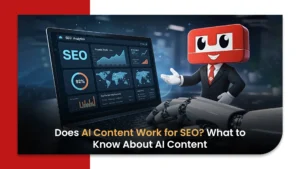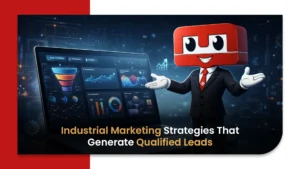
ChatGPT vs Google AI:
Imagine asking a trusted advisor a complex business question, then watching them flip through an encyclopedia, pause uncertainly, and say, “Well… here’s what I think.” That’s where we are with many conversational AI tools. The question business owners and marketing leaders now face: which tool gives me the right answer fast and reliably? Specifically, in the clash of Google Gemini vs ChatGPT, who leads for accuracy and business-decision value?
In this blog, we dive into:
- The latest data on AI accuracy
- Behind-the-scenes insights only industry pros pick up
- How this changes digital marketing agencies
Essentially, the changes show that business owners, marketers, and CEOs can grab and implement them in their work.
Knowing the Players: Google Bard vs ChatGPT
While both products are AI-powered searches plus conversational AI, which means they are kindred tools, they have different beginnings.
Google AI:
This term covers Google’s push into generative AI tools beyond its traditional search engine AI battle. Its model family, Google Gemini, emphasizes multimodal input thanks to its integration with Google Search, Drive, and Workspace.
ChatGPT:
Developed by OpenAI, this service began as a text-based large language model and has expanded into browsing, plug-ins, and multimodal features. Business users now ask: can it truly replace a search engine, or at least augment it? See “ChatGPT search vs Google search” later.
Google AI plays the “search + context + ecosystem” card, while ChatGPT plays the “deep reasoning + conversation” card.
ChatGPT vs Google Search: A Comprehensive Head-to-Head Comparison

AI Accuracy Comparison: What Data Says
Because “accuracy” is both vague and mission-critical, let’s look at hard findings.
Benchmarks & Comparative Studies
- In a study comparing ChatGPT updates 4.0 and Gemini, ChatGPT scored about 83.5% accuracy on set tasks vs a lower number for Gemini.
- On a 62-query breakdown of “ChatGPT search vs Google search”, Google averaged 5.83/6 vs ChatGPT Search’s 5.19/6 for informational queries in their scale. In local and commercial queries, Google was clearly ahead.
- According to ExplodingTopics, GPT-5 now reportedly makes ~45% fewer factual errors and ~6× fewer ‘made-up’ answers compared to prior versions.
- A major academic study on fact-checking rated both ChatGPT-4 and Gemini as “higher than other models” but still modest overall.
Key Take-aways
- For straight informational tasks: Google or Google-AI-powered search still leads slightly.
- For longer reasoning tasks, narrative generation, and follow-up conversations: ChatGPT updates often win.
- Neither is perfect: accuracy for high-stakes domains is still below the human-expert level.
- AI performance comparison depends heavily on the prompt, context, version of the model, and whether it uses live web data or static training data.
Deep Dive: Accuracy in Use Cases for Business Owners & Marketers
Let’s pivot now into how this applies when you, as a marketing expert or CEO, decide between tools for your strategy, content, and decision-making.
1. Content Research & Ideation
While dealing with subjects such as “what’s next in performance marketing”, it is essential for you to have a tool that can fetch links, summarize trends, and suggest angles.
- ChatGPT is very efficient in creating narratives, writing drafts, making outlines, and summarizing research.
- With Google AI, you are provided with more basic pieces and new sources that you can expand upon.
- Employ ChatGPT to create drafts, Google AI to confirm, and get your sources.
2. Fact-checking & Decision Support
If you’re deciding whether to invest in a new tool, enter into a partnership, etc., the accuracy bar is higher.
For example, A marketing agency claims “best AI chatbot now generates 60% of qualified leads”. You want the benchmark.
- Here, Google’s ecosystem is safer.
- ChatGPT may give the answer, but you’ll likely have to verify manually.
Verdict: Google AI is still the safer “ground truth” before committing.
3. Local-Business/Service Queries
If you’re the best digital marketing agency in Ahmedabad, clients might ask local-search questions.
- Googling local data: Google has an advantage because of local business listings, maps integration.
- ChatGPT can answer based on its training, but may not use up-to-date local registry data. For local queries, you lean on Google.
4. Brand Voice / Content Generation
When you need to publish blog posts, LinkedIn articles, campaign copy:
- ChatGPT shines because of narrative flow, tone adaptation, and quick turnaround.
- Google AI is less adapted for that
ChatGPT = go-to for content generation; Google = go-to for content validation.
Trends & Lesser-Known Facts
- According to recent market research, for the first time, AI-generated search “AI Overviews” from Google now appear in over 50% of U.S. search results in informational queries. This signals a shift from “links” to “single-answer responses”.
- Model bias: In a study of gender bias in LLMs, Gemini 2.0 showed lower gender bias than ChatGPT-4o, but that came at the cost of permitting more violent content acceptance.
- User behaviour: One agency found that ChatGPT’s answers rarely overlap with Google’s top results with only ~12% overlap. That means content optimized for Google may not automatically be seen in ChatGPT-driven workflows.
- Speed vs accuracy trade-off: In one test, Gemini was ~40% faster than ChatGPT when producing deep-research reports, but the depth and “human feel” of ChatGPT responses had an edge.
Bringing It Back to Your Agency
If your firm is positioned as the best digital marketing agency in Ahmedabad, here’s how to leverage these insights:
When pitching:
Highlight your use of both tools, ChatGPT for creative, rapid turnaround, and Google AI for validation and deep research. Demonstrating a “dual-tool” approach shows sophistication.
For content strategy:
When you write blog posts or LinkedIn thought pieces, use ChatGPT as a first draft engine, then use Google AI to validate facts, pull in fresh statistics, and assure accuracy.
For local lead generation:
When promoting “Best Digital Marketing Agency in Ahmedabad”, ensure you optimize for Google Search since ChatGPT may not fully comprehend local nuances yet.
For client education:
Tell clients: “We use advanced AI, but we don’t fall into the ‘tool-illusion’ trap; accuracy still matters.” That positions you as a thoughtful, trustworthy agency.
Final Verdict: Which Performs Better for Accuracy?
In the “AI comparison 2025” space, if I had to pick one takeaway:
- For accuracy on core factual/verifiable questions, especially where timeliness and source transparency matter → Google AI has the edge.
- For richer narrative, AI for content generation, conversational follow-up, and idea-generation → ChatGPT gains ground.
- Neither is flawless; you still need human oversight, cross-verification, and business judgment.
Pulling It All Together
The race between ChatGPT and Google AI isn’t simply “who’s better,” it’s “who’s right for which part of your workflow”. In short, one tool creates, the other validates.
For businesses, agencies, and marketing professionals: lean into both. Use ChatGPT to develop the story, and use Google AI to ensure the foundation holds.
Thought-provoking question to end: As AI-powered search engines become default tools for discovery, how will brands adapt when the “results page” becomes an AI summary instead of a list of links? Are we ready for a world where being first on page 1 matters less than being correct in AI’s answer pad?
It depends on your goals:
ChatGPT — Better for customer support replies, content creation, emails, reports, coding help, and workflow automation.
Google AI — Better when your work requires live web data, citations, fact checking, or research.
Most businesses use a combination of both depending on needs.
Both models can hallucinate (give incorrect information), but in different scenarios:
ChatGPT may hallucinate when asked for very recent data or extremely niche facts outside its training set.
Google AI may hallucinate when summarizing search results or mixing web data in ways that appear accurate but aren’t fully verified.
Overall, Google AI tends to hallucinate less for fact-based queries, while ChatGPT tends to hallucinate less for reasoning or creative tasks.
Yes—ChatGPT often outperforms in multi-step reasoning, problem-solving, and explaining complex concepts clearly.
It can break down steps, provide structured logic, and deliver context-driven analysis.
Google AI is accurate too, but sometimes prioritizes brief factual outputs over detailed reasoning unless specifically prompted.
ChatGPT is widely considered more creative and coherent when it comes to writing blogs, scripts, emails, stories, and marketing content.
It tends to produce more natural, polished, and emotionally aligned writing. Google AI can generate content, but its responses are generally more factual and structured, focusing on precision over creativity.
Google AI is significantly better for real-time and current information because it is connected to Google Search data. It can pull facts, stats, events, news, and updates from the web instantly.
ChatGPT (in free or offline versions) relies on pre-trained data and may not always reflect the latest happenings unless connected to a browsing tool. For evergreen topics, both perform well; but for real-time accuracy, Google AI leads.

What started as a passion for marketing years ago turned into a purposeful journey of helping businesses communicate in a way that truly connects. I’m Heta Dave, the Founder & CEO of Eta Marketing Solution! With a sharp focus on strategy and human-first marketing, I closely work with brands to help them stand out of the crowd and create something that lasts, not just in visibility, but in impact!
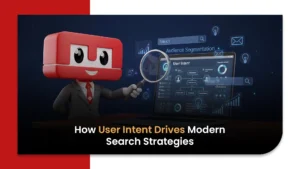
How User Intent Drives Modern Search Strategies
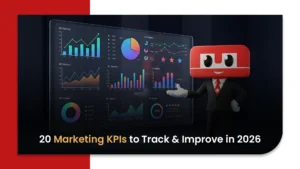
20 Marketing KPIs to Track & Improve in 2026
